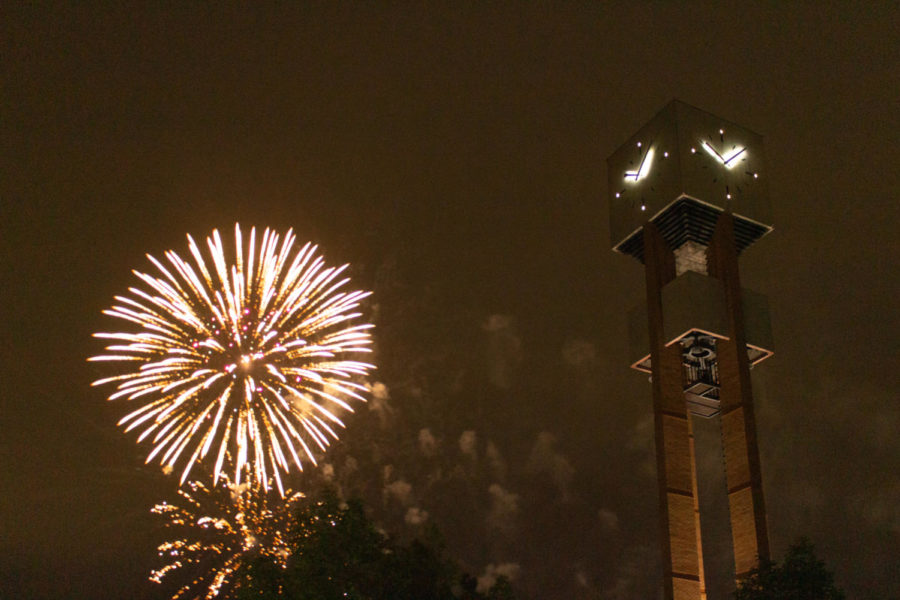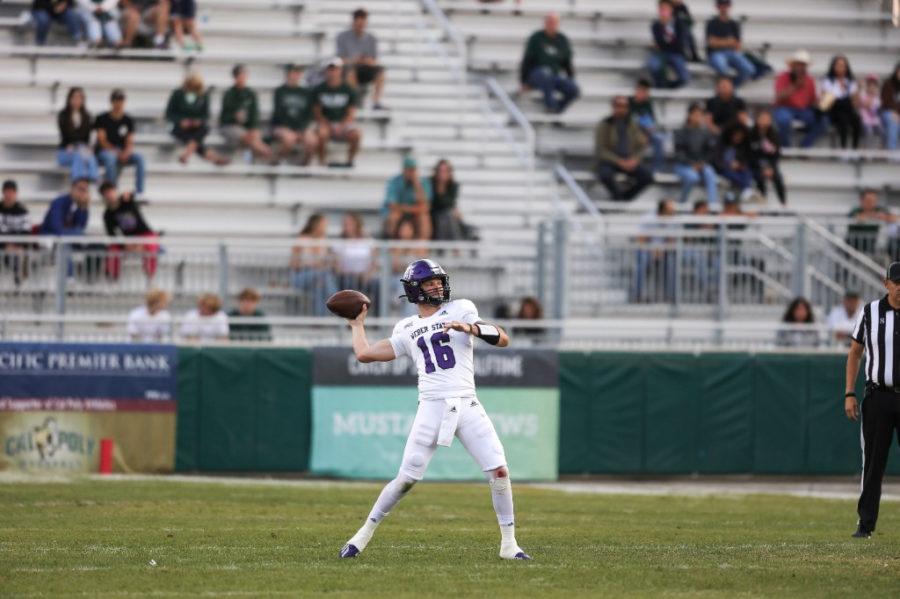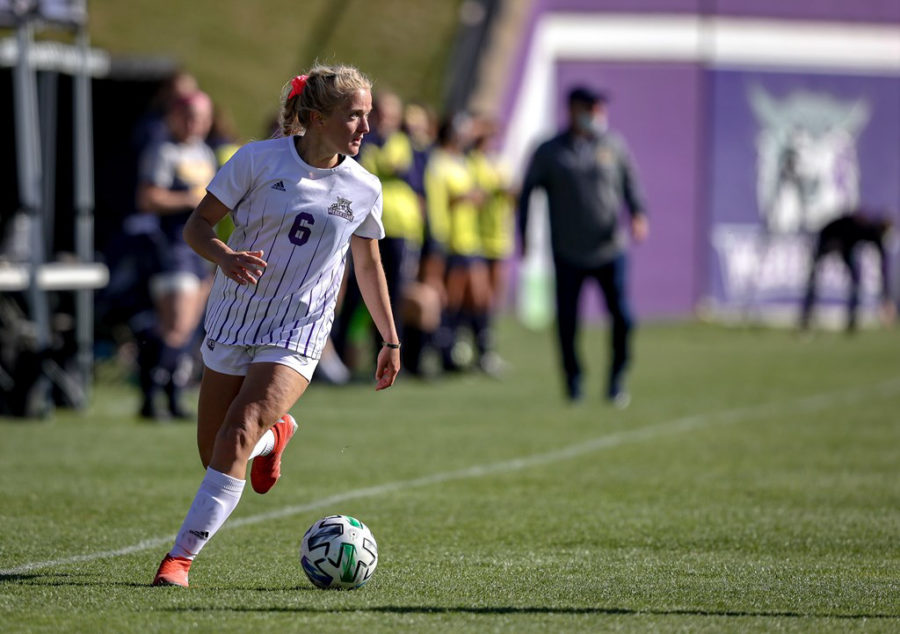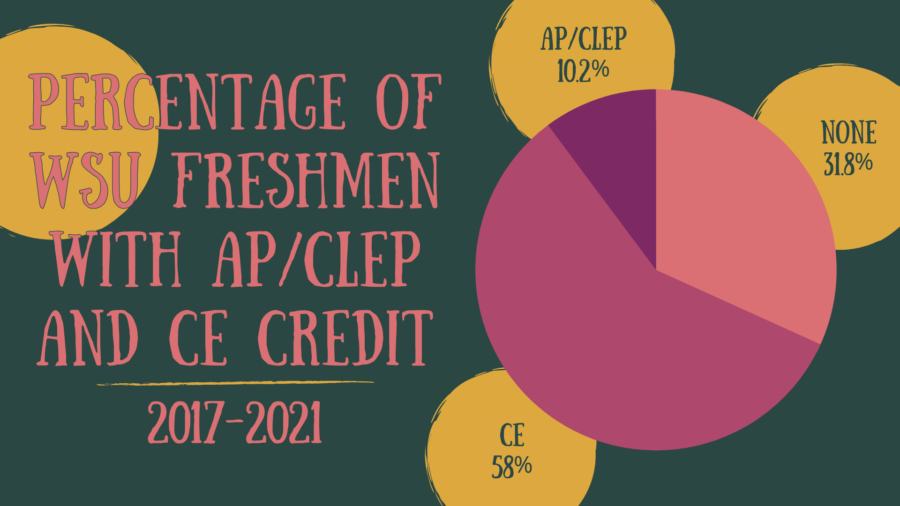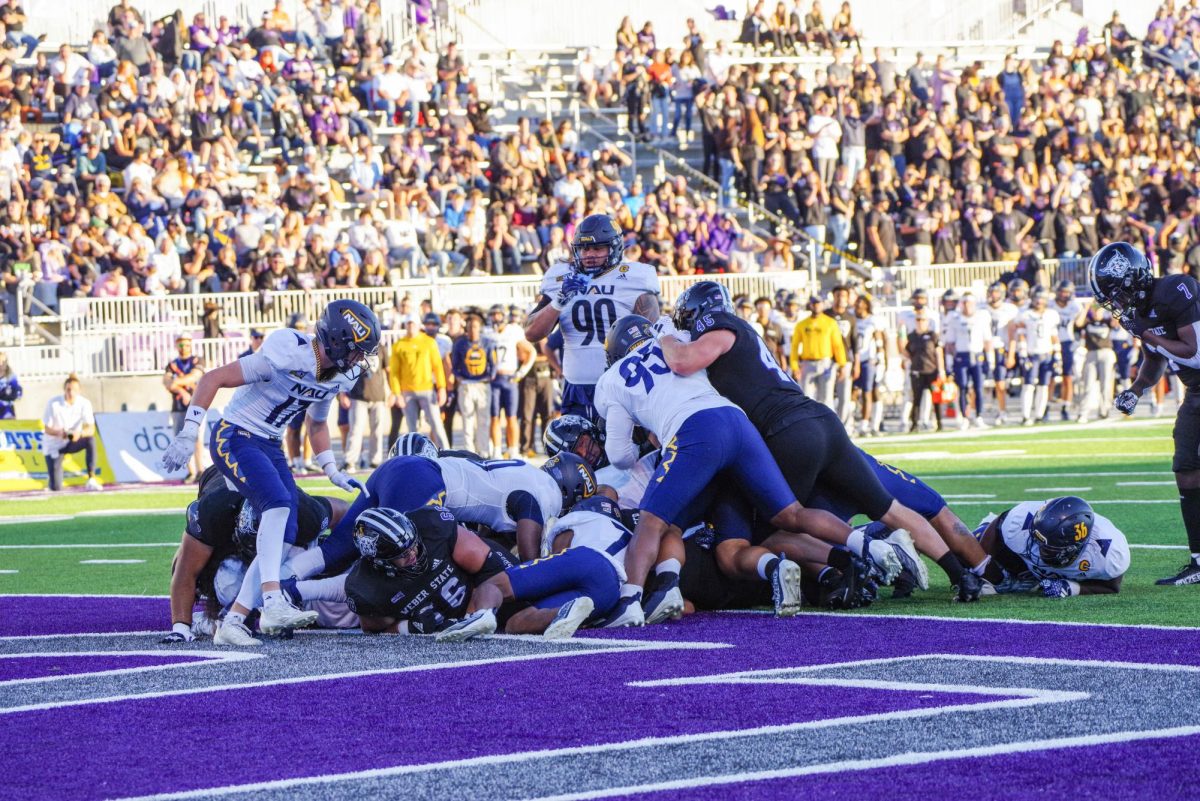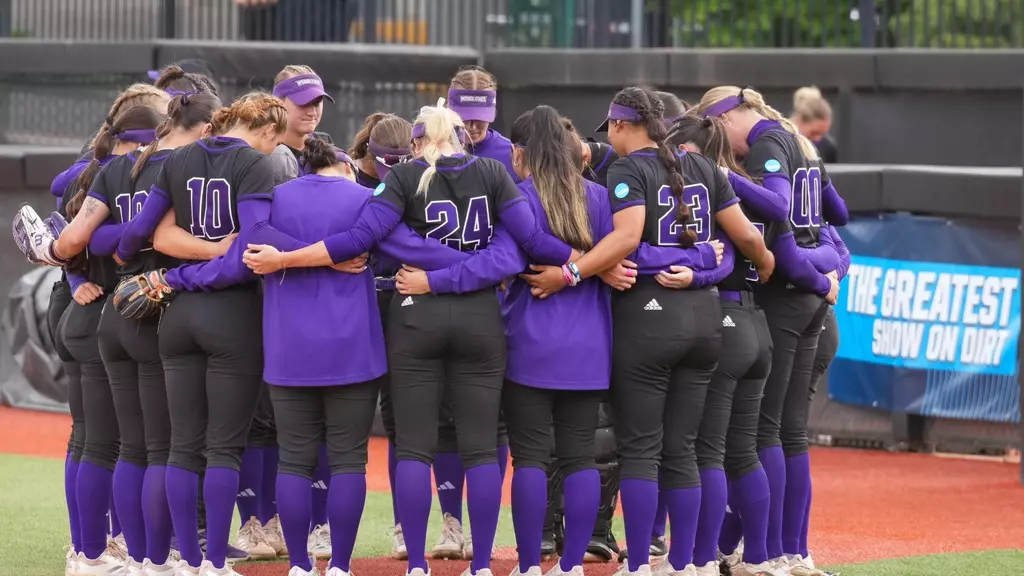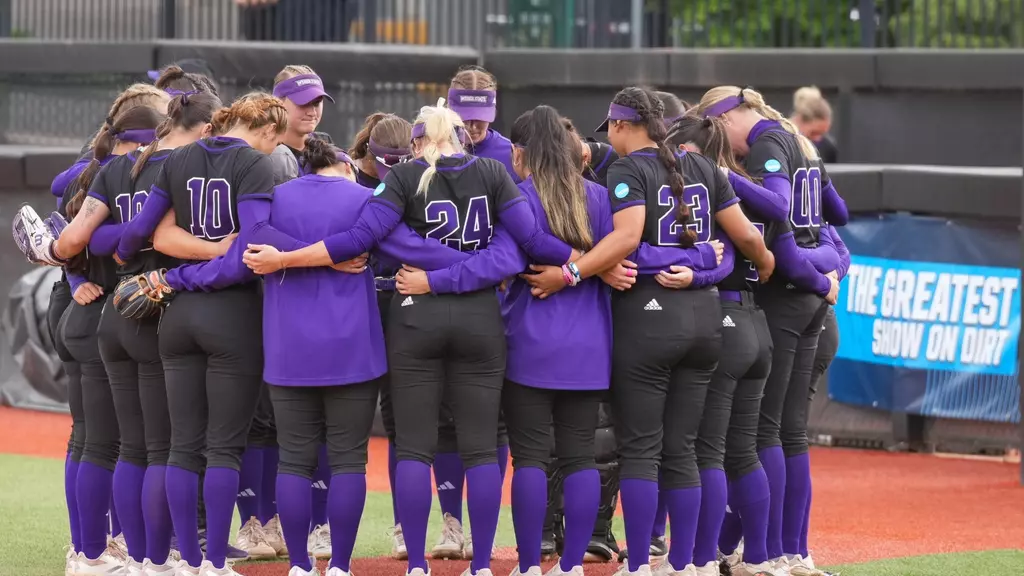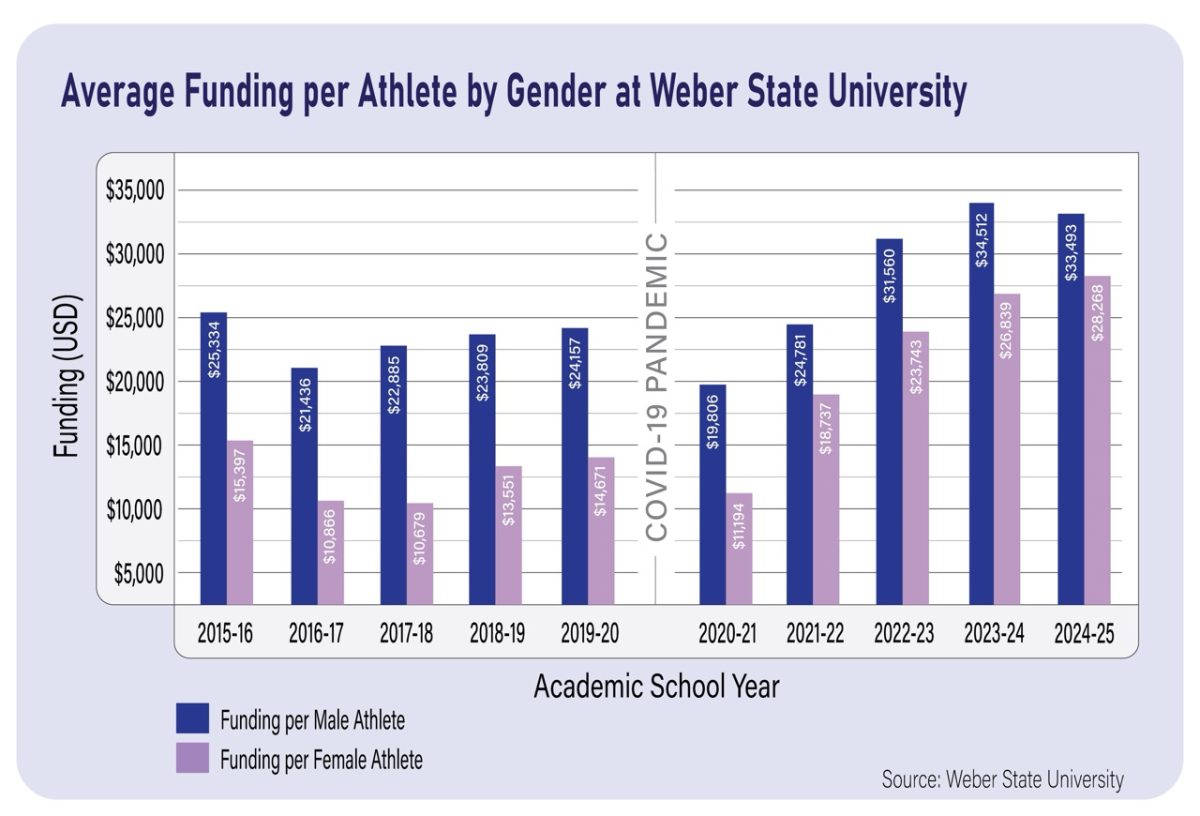
For many LDS missionaries, it’s not an easy decision to commit to a two-year ecclesiastical mission before playing college sports. The road back to Division I performance isn’t cut and dry.
The Weber State University football team has 29 return missionaries on their roster, and the men’s basketball team has two.
When coaches recruit LDS players out of high school, they understand some are going away for two years and are prepared for anything to happen.
Head coach Randy Rahe emphasized the importance of communication with athletes about whether or not they will be serving their mission right out of high school.
“When we recruit LDS kids, we try to sign them before they go onto their missions,” Rahe said. “We sign them, and then they go on their mission and comeback ready to go.”
Rahe currently has two players on his roster that are returning from missions
this season.
Freshman guard from American Fork Spencer Johnson served his mission in Milan, Italy from 2016-18.
Johnson admitted it was hard to stay in shape on his mission, but preparation days
benefited him.
“On P-Days, me and the other missionaries played basketball with kids on the street,” Johnson said. “It’s not easy to stay in shape on a mission, but you got to look for those opportunities to stay in shape and to do what you love.”
Johnson was first team All-State as a senior and is training to get back into Division I shape.
“I have to be patient,” Johnson said. “I trust the guys and coaches to get me back
in shape.”
Johnson signed with the Wildcats in 2015.
Freshman Tim Fuller is a forward out of Gilbert, Arizona. Like Johnson, Fuller also signed with the ’Cats in 2015 before going on his mission to Santa Ana, El Salvador.
Because basketball isn’t as popular in El Salvador as it is in the U.S., Fuller kept in shape by playing soccer with kids on
the street.
Fuller stays after each practice to practice his outside shooting and get the feel of the game back.
“The coaches have really been working with us,” Fuller said. “We have been sticking to a strong routine to help us get ready for the season.”
Fuller mentioned that it hasn’t just been two years away from basketball but also away from school. The Weber State professors have helped him get back into the swing of his academic schedule.
Unlike the basketball team, WSU football is loaded with returned missionaries.
Senior fullback Brady May served his LDS mission in Puebla, Mexico from 2013-15.
“Before my mission, I didn’t have really any opportunities to go play football,” May said. “When I got back from my mission, I got ahold of coach (Colton) Swan and found myself on campus after just one day.”
May played high school football in a small Idaho town and believes it’s because of his mission that he was able to play Division I football.
“Like any missionary, I started working out pretty hard,” May said. “But for about a year in the middle, I didn’t work out at all, and then right before, you realize you gotta get back into shape and look good for everyone when you come home.”
May found what he called “a really nasty gym in Mexico” where he would work out.
Being a senior, May is one of the leaders on the Wildcat football team and believes he learned a lot about leadership while serving in Mexico.
“It teaches you a lot and how to lead by example,” May said. “On your mission, it’s important to be obedient and lead by example. I think that it’s the same way in football — you can’t just talk the talk; you have to walk the walk, and my mission really taught me that.”
Coaches have found it uncommon for return missionaries to rack up quality minutes in their first year back and that athletes usually take up to six months to get their rhythm and skills back.
Senior defensive linemen Filipe Sitake out of Orem, on the contrary, after serving his mission in Tonga, Polynesia, made an immediate impact for the Weber State
football team.
Sitake is one of the few who was able to come back from his mission and start his first year, starting in 11 games in 2015 and recording 28 tackles.
“There is a scripture that talks about the first I’ll become last and the last I’ll become first,” Sitake said. “I put myself behind others going out on a mission, wasn’t able to work out those years, but when I came home in the spring, I was able to play and start my freshman year.”
Tonga’s favorite sport is rugby. Sitake said on P-Days, he would play touch rugby in the fields which helped him stay in shape.
After being away from the field, athletes are recruited to play for long periods of time. There are no shortcuts getting them ready to compete at such a high level. Rahe said it’s a long process for coaches and athletes.
“It’s really hard,” Rahe said. “Some athletes are allowed to work out (on P-Days), but thats just one day a week, and some athletes aren’t given the opportunity to workout.”
Rahe’s staff has noticed throughout the years that athletes who are able to work out come back quicker than those who don’t get the chance. Nonetheless, coaching staffs go very slow with them.
“Most of these athletes are so excited to be back playing that they push their bodies to extreme limits,” Rahe said. “When you do this, injuries always occur, which is our
biggest fear.”
When athletes who have been away come back and get hurt quickly, they have to take additional time off for injury, making their break even longer.
p.p1 {margin: 0.0px 0.0px 0.0px 0.0px; text-align: justify; text-indent: 9.0px; font: 11.0px ‘Avenir Next Condensed’}
Most universities around the nation hold scholarships for athletes who serve church missions, which allows athletes to serve the faith they keep and return to play the sport they love.








